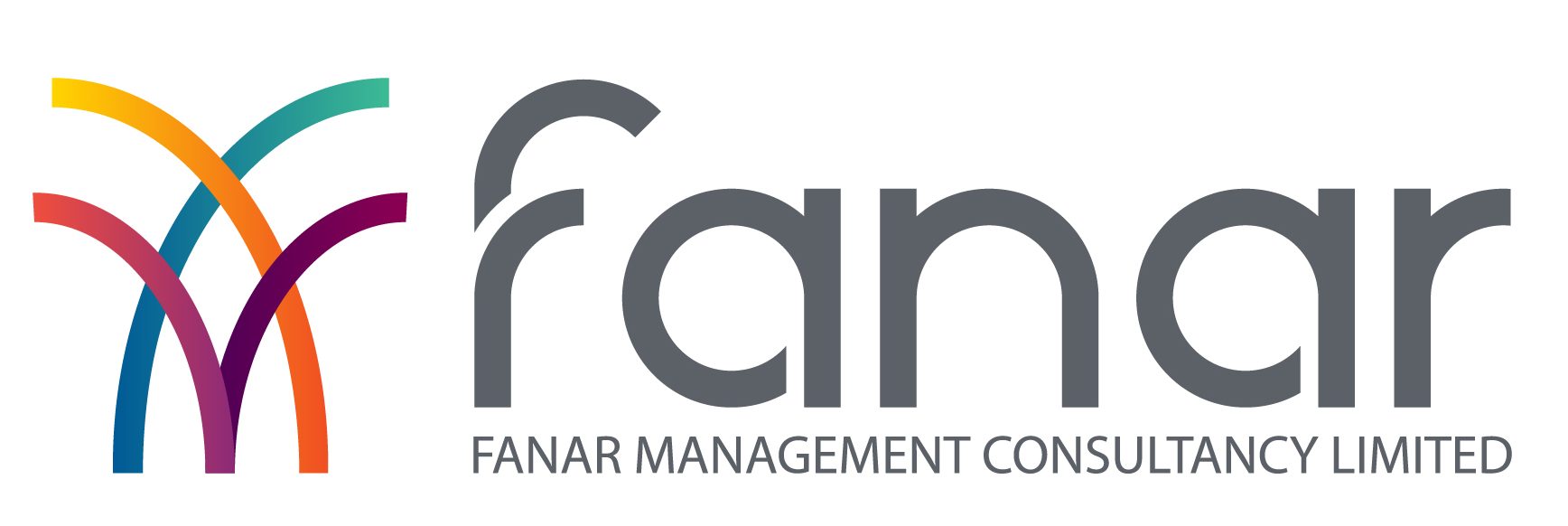Incorporating a business in one of Dubai’s free zones is a great way to tap into the UAE’s lucrative market while benefiting from tax exemptions, full ownership, and a streamlined setup process. However, once your business is incorporated, there are several important steps to ensure smooth operations and compliance with local laws.
Things to follow after incorporating a business in Dubai Free Zones, including post-incorporation formalities, maintaining compliance, and taking advantage of the free zone benefits.
1. Open a Corporate Bank Account
One of the first steps after incorporating your business is to open a corporate bank account in the UAE. The UAE has a range of banks offering corporate services, so choose one that aligns with your business needs. Opening a business bank account is crucial for financial operations, making payments, and receiving funds.
Some of the documents you may need include
- Trade License: Proof that your company is legally registered and allowed to operate in the UAE.
- Passport Copies of Shareholders: Identification documents showing the shareholders’ personal details.
- UAE Resident Visa (for shareholders if applicable): Visa confirming the shareholder’s legal residence in the UAE.
- Memorandum of Association (MOA): Legal document outlining your company’s structure, ownership, and business activities.
- Lease Agreement (if applicable): Contract proving you have rented an office space or facility for your business.
2. Register for VAT (if applicable).
While many businesses in Dubai Free Zones are exempt from VAT, if your business exceeds the minimum threshold of AED 375,000 in annual turnover, you are required to register for VAT with the Federal Tax Authority (FTA).
The VAT registration process is straightforward but should be completed within the specified time frame to avoid penalties.
3. Comply with Local Labour Laws
Dubai Free Zones are known for their flexible labour laws, but all businesses must comply with the UAE’s Federal Labour Law, which governs employment contracts, wages, working hours, and employee rights.
- Ensure that your employees have valid work visas and labour cards.
- Maintain a WPS (Wage Protection System) account to pay employees.
- Set up employee health insurance as required by law.
Familiarising yourself with labour law compliance helps avoid legal issues in the future.
4. Obtain Necessary Licenses or Permits
Depending on the nature of your business, you may need to obtain additional licenses or permits to operate legally within Dubai Free Zones. These can include:
- Import/export licenses (if you plan to trade outside the UAE)
- Food and beverage licenses (for restaurant or catering businesses)
- Professional or industrial licenses (for specialized services)
Always check the specific requirements of your chosen free zone to ensure you are compliant.
5. Set Up Your Office Space
Setting up a physical office space is essential, even in a free zone, unless you’re operating under a flexi-desk or virtual office arrangement.
Most free zones in Dubai offer office space, ranging from small desks to large office suites, depending on your needs. The office setup should align with your company’s activities and the free zone’s guidelines.
Ensure that your office is properly leased and compliant with the free zone’s regulations.
6. Hire a Local Sponsor or Service Agent (If Required)
In some Dubai Free Zones, if you plan to engage in business activities outside of the zone or want to expand your services into the mainland UAE, you may need to hire a local sponsor or service agent to act as a partner.
However, many free zones provide 100% foreign ownership, so it’s important to check whether this is required in your case.
7. Stay Up to Date with Regulatory Changes
Dubai’s business landscape is constantly evolving, and the government frequently updates regulations affecting businesses in free zones. Keep an eye on changes related to:
- Tax Laws: Ensure compliance with VAT or other relevant tax changes.
- Labour Laws: Any amendments to working conditions or health insurance laws.
- Economic Policies: New regulations aimed at improving business activities in free zones.
Regularly visit government portals and stay informed via the free zone authority to avoid any legal complications.
8. Networking and Marketing
Building relationships and growing your network is key to expanding your business. Dubai Free Zones host a wide variety of events, trade shows, and business seminars. These events offer excellent networking opportunities, which can help you connect with potential clients, partners, and investors.
In addition, promote your business through various marketing strategies:
- Digital Marketing: Focus on online campaigns, SEO, and social media.
- Local Advertising: Consider outdoor ads, newspapers, or events for local exposure.
- Trade Shows: Participate in industry-specific events held in Dubai Free Zones.
Networking and marketing will help you establish a strong presence and grow your business.
9. File Annual Audits and Financial Reports
Most Dubai Free Zones require businesses to conduct annual audits and submit financial reports to the relevant authorities. This process ensures that your business is operating within legal and financial frameworks and also helps in maintaining transparency and accountability.
An external audit firm can help prepare these reports in compliance with free zone regulations. Ensure you file these reports on time to avoid fines.
10. Plan for Growth and Expansion
Once your business is established in a Dubai Free Zone, planning for growth is next. Consider expanding your team, adding new services, or exploring new markets. Many free zones offer expansion opportunities that can help your business grow at a faster pace.
Consider the following for growth:
- Hiring more employees as your business expands.
- Adding new product lines or services to meet customer demand.
- Exploring partnerships with other companies within the same free zone or outside the UAE.
Conclusion
Incorporating a business in Dubai Free Zones is just the beginning of your journey. To maximise the benefits of being in a free zone, it’s essential to stay on top of your responsibilities, comply with all legal requirements, and continuously improve your business processes.
By following the steps outlined above, you can build a strong foundation for your business and position it for long-term success. For expert advice and assistance with your post-incorporation tasks, Fanar Advisor is here to help!





